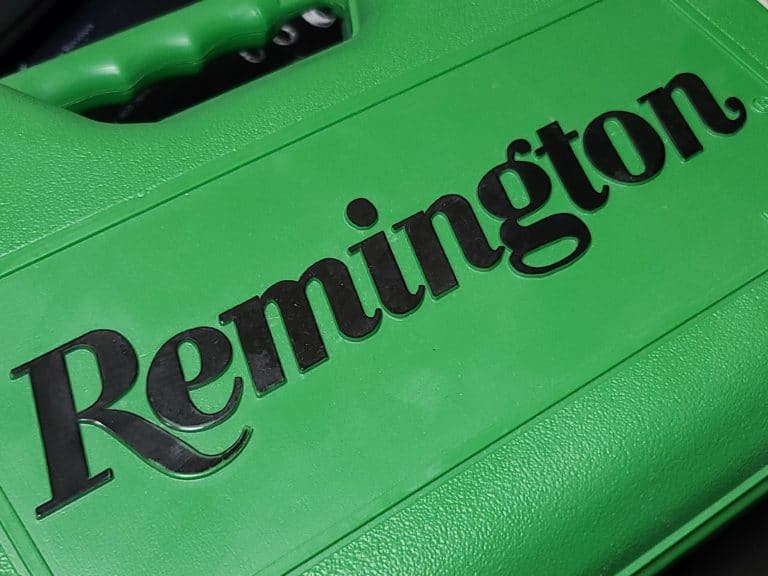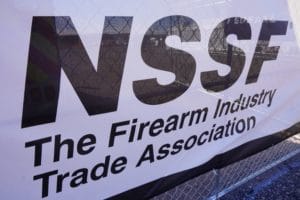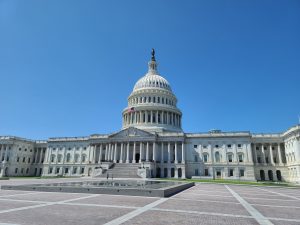Insurers have agreed to pay a massive settlement to the victims of the 2012 Sandy Hook shooting to the dismay of the gun industry.
$73 million will be paid out by insurers of the now-defunct Remington Outdoor Company (ROC), according to a settlement announcement released on Tuesday. The settlement will also allow the release of internal Remington documents obtained during the suit.
The settlement marks the first major victory in gun-control advocates’ attempts to hold gun makers liable for crimes committed with their firearms since the 1990s. It proves efforts to circumvent federal liability protections are still viable. Even though it remains unclear if the plaintiffs would have ultimately prevailed in court, the huge settlement will likely result in new energy for activists looking to use lawsuits to restrict how gun companies operate.
The firearms industry disowned the settlement. The National Shooting Sports Foundation (NSSF), which represents gun makers and dealers, said insurers made the decision to settle. The group said the settlement is only between the parties involved, does not create a legal precedent, and does not implicate the larger industry at all.
“The decision to settle in the Soto v. Bushmaster case was not made by a member of the firearms industry,” Mark Oliva, a spokesman for the group, told The Reload. “The settlement was reached between the plaintiffs and the various insurance carriers that held policies with ROC, which effectively no longer exists. We remain confident ROC would have prevailed if this case had proceeded to trial.”
The plaintiffs alleged Remington should be held liable over the 2012 murders of twenty children and six adults at Sandy Hook Elementary School in Newtown, Connecticut because the shooter used an AR-15 rifle made by one of its subsidiaries–Bushmaster. They argued the rifle was too dangerous for civilians to own. The plaintiffs tried to circumvent the federal law protecting gun companies from suit over criminal use of their products by third parties by arguing Remington’s ads for the rifle had violated Connecticut state law and contributed to the shooting.
The plaintiffs presented no evidence that either the shooter’s mother, who bought the gun in question, or the shooter himself had ever seen the advertising at the heart of the case. The Connecticut Supreme Court noted proving the ads added to the lethality of the massacre “may prove to be a Herculean task” but ultimately allowed the case to proceed to discovery in March 2019. The United States Supreme Court then declined to hear an appeal from ROC in November 2019.
The company folded shortly after that and sold its operations to other gun companies.
However, the case continued against ROC’s estate, which consisted primarily of insurance policies worth up to $72 million. The insurers attempted to settle the case for $33 million in July 2021 but were rebuffed by the plaintiffs. The two sides have now agreed to settle for the full amount available under the policies.
NSSF said the settlement does not mean the plaintiffs proved their claims.
“The settlement also does not alter the fundamental facts of the case,” Oliva said. “The plaintiffs never produced any evidence that Bushmaster advertising had any bearing or influence over Nancy Lanza’s decision to legally purchase a Bushmaster rifle, nor on the decision of murderer Adam Lanza to steal that rifle, kill his mother in her sleep, and go on to commit the rest of his horrendous crimes.”
The trade group offered “sincere sympathy for the victims of this unspeakable tragedy and all victims of violence committed through the misusing of any firearm.” The group argued acts of violence remain an outlier in the gun-owning community.
“The fact remains that modern sporting rifles are the most popular rifle in America with over 20 million sold to law-abiding Americans and rifles, of any kind, are exceedingly rarely used in crime,” Oliva said.
NSSF said the settlement has “no impact” on federal liability protections offered under the Protection of Lawful Commerce in Arms Act (PLCAA). Oliva said the agreement was “orchestrated by insurance companies” out of court, and the PLCAA remains the law of the land.
“PLCAA will continue to block baseless lawsuits that attempt to blame lawful industry companies for the criminal acts of third parties,” he said.







3 Responses
Of course it would be bankrupt Remington who sells out the PLCAA. The gun grabbers are already threatening the insurance carriers for every other arms manufacturer.
Garbage like this proves the lie that “we don’t want to take your guns” liars like Ryan Busse are peddling.
The problem here is that because the insurance company made this decision and settled giving the gun grabbers an underserved victory it only encourages them to try this tactic again and while the PLCAA might remain in force on a theoretical level on a practical one it has been breached. Gun manufacturers may find it harder and harder to get insurance in the future.
I agree the danger comes from the perception of the settlement rather than any kind of legal precedent it could set. After all, it was just a settlement. But that’s a significant symbolic win that will likely have real world consequences for the industry.